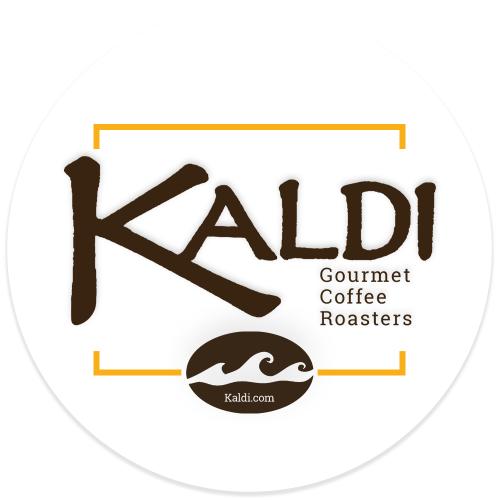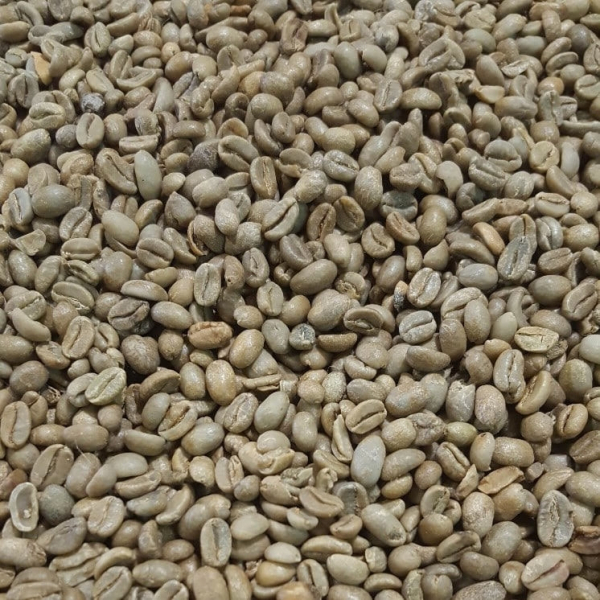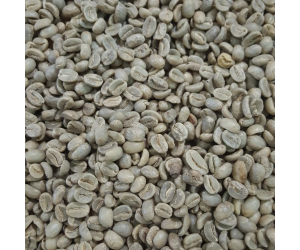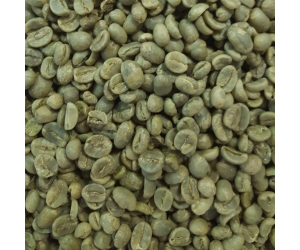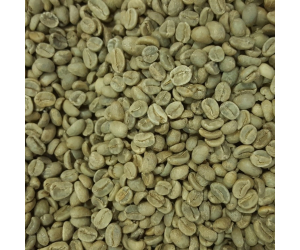Organic Fair Trade Ethiopian Harrar Green Coffee Beans (Not Roasted)
Organic Fair Trade Ethiopian Harrar Unroasted Coffee Beans (Not Roasted) Sold in 1 pound (16 oz) increments.
Ethiopia is the motherland of the Arabica coffee plants. This is where these plants were first discovered to have such a wonderful taste, and this is where the Arabica plant variety seems to grow the best.
High growing elevations and precise care is what creates the best coffee. The coffee beans that are grown and developed at higher elevations have harder shells, and they have more intense flavors.
What is Harrar Coffee?
Harrar is a region in Ethiopia where coffee beans are grown. The coffee beans from this region have distinctive flavorings that are not found in coffee beans grown in other regions of Ethiopia.
Harrar coffee beans are heavy bodied and they have a wild berry undertone that is remarkable.
The Harrar coffee beans are mainly processed in a dry wash method and the method of processing creates part of the flavor and aroma that you receive when you grind and brew the beans.
Dry Washing Process
When coffee beans are put through a wet process the beans are placed in water to help remove the skin and fruit pulp of the cherry. When the coffee beans are put through a dry process the cherry, the fruit the beans are the seeds of, is allowed to dry naturally. Generally the dry process coffee beans are laid out in the sun and allowed to dry.
This is often referred to as natural processing because if left to nature the coffee cherries would remain on the bush until the sun dried them up.
Myths about Organic Coffee
- No fertilizer is used on organic coffee plants
When coffee is grown organically no commercial fertilizers are used on the plants. Natural fertilizers like animal waste products, and mulched leaves are used to feed the plants.
- No pesticides are used on organic coffee plants
Coffee plants are threatened by natural enemies/pests whether they are grown organically or not. The coffee berry borer is one pest that is known to destroy coffee crops. When growing coffee plants organically the farmers do not use commercial pesticides that are full of harmful chemicals, instead they rely on insects and natural matters that kill the common coffee plant enemies.
Some ants, that were once thought to be damaging to the coffee plants, have recently been proven to help in the maintenance of the coffee berry borer and some other beetles that are extremely damaging to the coffee plants.
- You have to have a special roaster to roast organic coffee beans
Organic coffee beans do not require you to have a specialized grinder or roaster.
- Organic coffee beans always taste better than other coffee beans
We would love to say that organic beans are always the most flavorful and aromatic of all of the coffee beans, but that would be a lie. While organic beans are healthier and expose you to fewer chemicals than beans grown in other methods, sometimes the organic beans are not the best tasting.
There are several reasons why an organic coffee bean might not be the best tasting coffee bean. Such as:
- The beans may have been grown at a lower altitude
- The processing of the beans plays a large part in the flavor and quality of the beans
- There may have been too large a percentage of coffee cherries that were not mature included in the harvest
- The beans may have gotten too old and become stale
